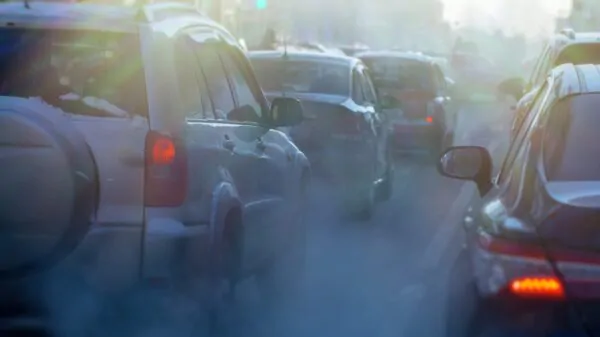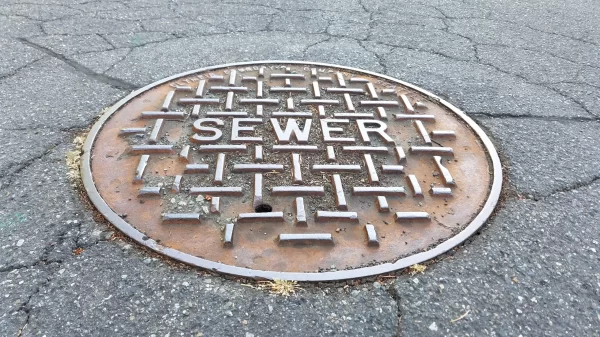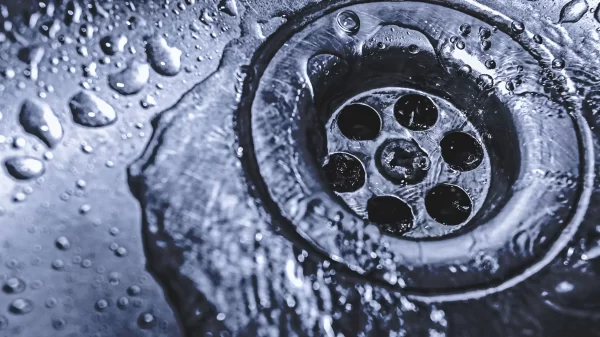By Brandon Moseley
Alabama Political Reporter
Environmentalist groups cheer the Obama Administration for a joint Environmental Protection Agency (EPA) and U.S. Department of Transportation (DOT) order demanding that cars, trucks, and SUV s increase fuel economy standards to 54.5 miles per gallon.
The Director of Pew’s Clean Energy Program, Phyllis Cuttino issued a written statement in response to the joint EPA and DOT final rule: “We commend the Obama administration, the auto industry, and environmental organizations for working together to bring about this historic leap in fuel efficiency. The new standard of 54.5 mpg by 2025 for cars and light trucks will effectively double fuel efficiency and provide many benefits to drivers and the country. Our nation will be more secure, our environment will be cleaner, and consumers will have more money in their pockets as a result of the new rule. The auto industry will also benefit from this action, because up to 570,000 jobs could be created, innovation will be enhanced, and more fuel-efficiency technology choices will be available to consumers.”
EPA Administrator Lisa Jackson said, “The fuel efficiency standards the administration finalized today are another example of how we protect the environment and strengthen the economy at the same time.”
Obama Administration Secretary of Transportation Ray Lahood said, “This is a monumental day for the American people, the U.S. auto industry and the Obama Administration’s efforts to make our cars more efficient. Today, DOT and the Environmental Protection Agency are finalizing national standards for fuel economy and greenhouse gas emissions for passenger cars and light trucks built in the years 2017 through 2025. Thanks to their work, the car or light truck you’ll be driving in 2025 will not be your grandfather’s Oldsmobile. The Administration’s combined fuel economy efforts represent the first meaningful update to fuel efficiency standards in decades. By 2025, the average car will achieve a fuel economy performance equivalent to 54.5 miles per gallon, nearly double that of cars on the road today.”
The Pew Clean Energy Program claims that in a poll conducted for the Pew Clean Energy Program by the bipartisan polling team of the Mellman Group Inc. and Public Opinion Strategies from July 8 to 12, 2011, 82% of respondents favored strong fuel efficiency standards of of 56 mpg by 2025 and 68% said that they “favor strongly.”
Critics of the Obama Administration’s automotive policy say that to achieve these standards vehicles will become lighter and much more dangerous to operate. Sam Kazman with the Competitive Enterprise Institute said that higher fuel economy standards, “It does so because it constrains the production of larger cars and, in most modes of collision, larger, heavier cars are more protective of their occupants than are small cars. About 50 percent of all occupant deaths occur in single-vehicle crashes. Extra mass in a car involved in a collision with a tree or a bridge abutment or a brick wall is incredibly protective. You find differences in survival rates between sub-compacts and large cars on the order of four times as great or eight times as great, a four to eight times higher death rate in very small cars as in the larger cars. There is simply no question whatsoever that in single-vehicle crashes larger, heavier cars are safer.”
Critics of the Obama Administration’s command of the economy argue that in a free society people should have the freedom to build and buy the vehicles that they desire and not have their free market choices limited by the arbitrary dictates of some remote bureaucracy in Washington D.C. There is no shortage of oil in this country if the administration would open up more of it for fuel exploration and no reason to create an artificial oil shortage.



















































